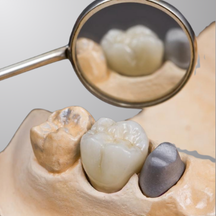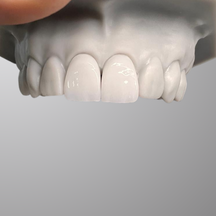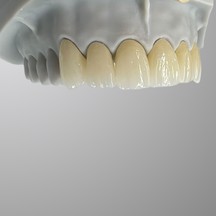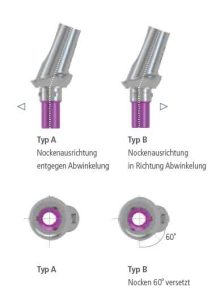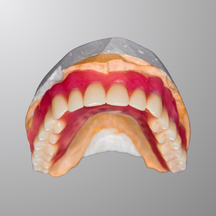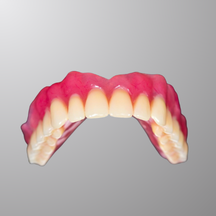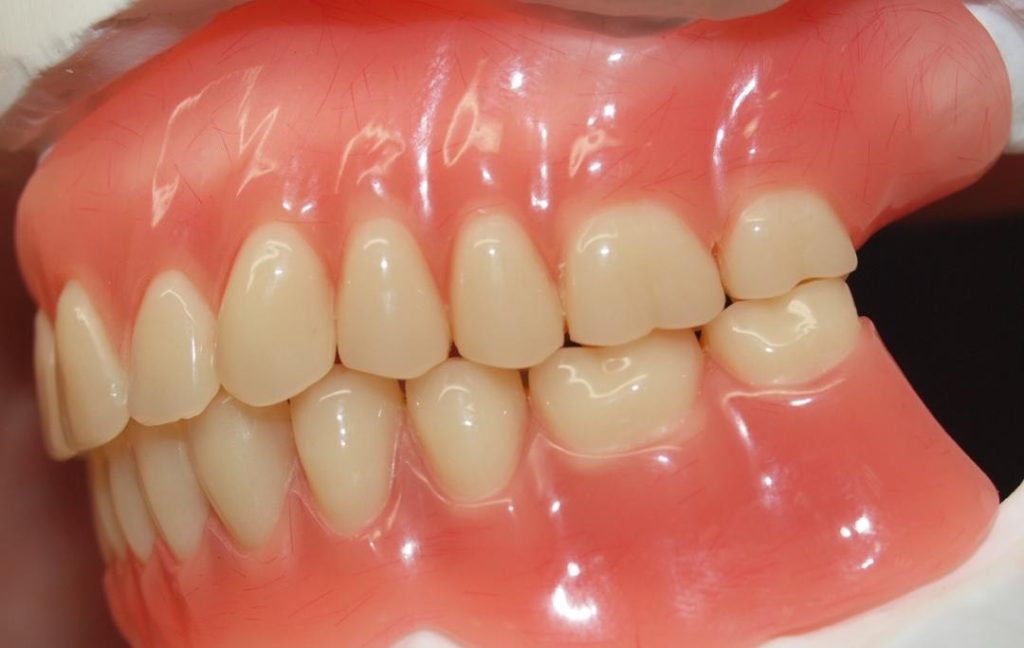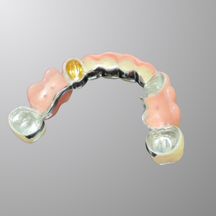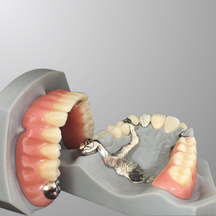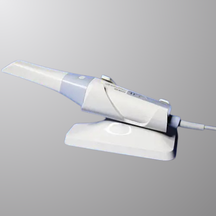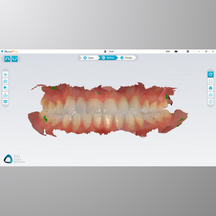- Home
- Product
Fixed Dentures
One Dental Group provides a range of high-quality crowns, veneers, and bridges to meet both functional and aesthetic dental needs. From durable and affordable PFM Crowns and Bridges, to Zirconia options known for strength and natural look, we ensure maximum esthetic results for every restoration.
We also offer implant solutions with custom-made Individual Abutments for precise, comfortable, and natural-looking results. Crafted with premium materials and careful techniques, our restorations deliver long-lasting quality. Get a direct consultation or use our cost calculator for the best options.
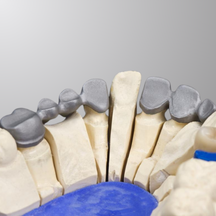
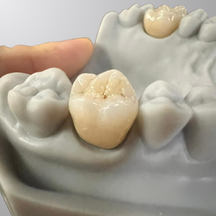
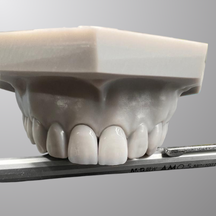
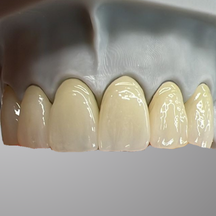
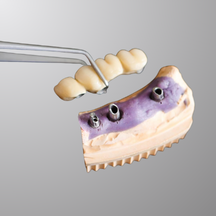
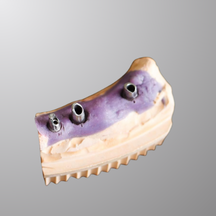
Crown & Bridges Comparison
Discover the type of dental crown that best suits your needs. Below is a comparison of various crown restorations based on material, strength, aesthetics, and clinical application.
| Aspect | Zirconia Crown | Emax Crown | Multilayer Zirconia |
|---|---|---|---|
| Material | High-strength ceramic (zirconium oxide) | Lithium disilicate glass-ceramic | Gradient-colored zirconia ceramic |
| Strength | Very strong, ideal for posterior and bruxism | Strong, but best for anterior and cosmetics | Stronger than Emax, flexible for full arch |
| Aesthetics | Less translucent, solid color | Highly translucent, very natural-looking | Gradient shading mimics natural dentin-enamel |
| Translucency | Low | Very high | Moderate to high (better than standard zirconia) |
| Preparation | Forgiving, cementable | Requires precise bonding | Similar to zirconia with improved esthetics |
| Flexibility | Monolithic or layered | Typically monolithic | Built-in shade layers reduce external staining |
| Best for | Molars, bridges, implants | Front teeth, veneers, smile makeovers | Cosmetic zones with high strength needs |
| Cost | Economical | Premium | Mid to high range (aesthetic upgrade) |
Removable Dentures
One Dental Group offers high-quality removable dentures designed to restore chewing function and enhance the natural appearance of your smile. We provide a variety of materials and designs tailored to meet each patient’s needs for comfort, durability, and aesthetic results.
Every removable denture is crafted with premium materials and precise techniques, ensuring a natural look and comfortable wear. Get a personal consultation to find the best option for you, or use our special cost calculator for an instant estimate.
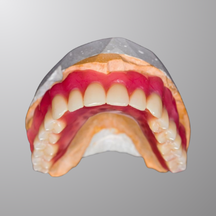
Full Denture/
Temporary Dentures
Reliable function and natural look — crafted for your comfort.
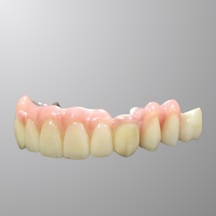
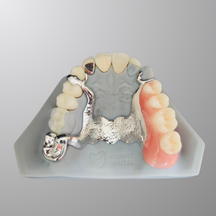
Digital Dentistry
At One Dental Group, we leverage cutting-edge digital technology to design and produce high-quality removable dentures with exceptional accuracy and efficiency. Our digital workflow ensures enhanced comfort, precise fit, and a natural aesthetic tailored to each individual.
By using advanced scanning, modeling, and fabrication techniques, we offer a faster, more reliable denture solution. Schedule a personalized consultation or use our online cost estimator to explore your options today.


